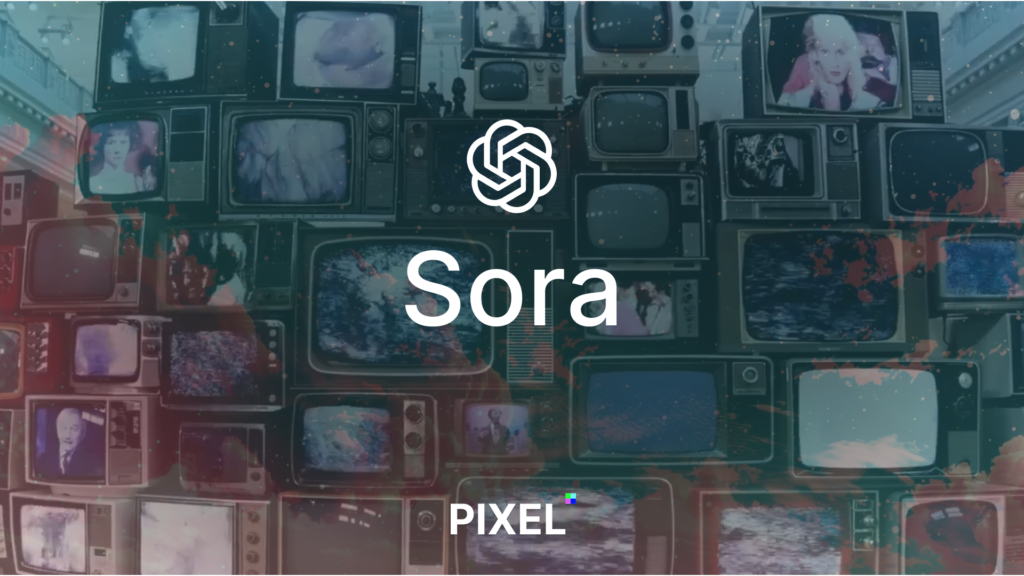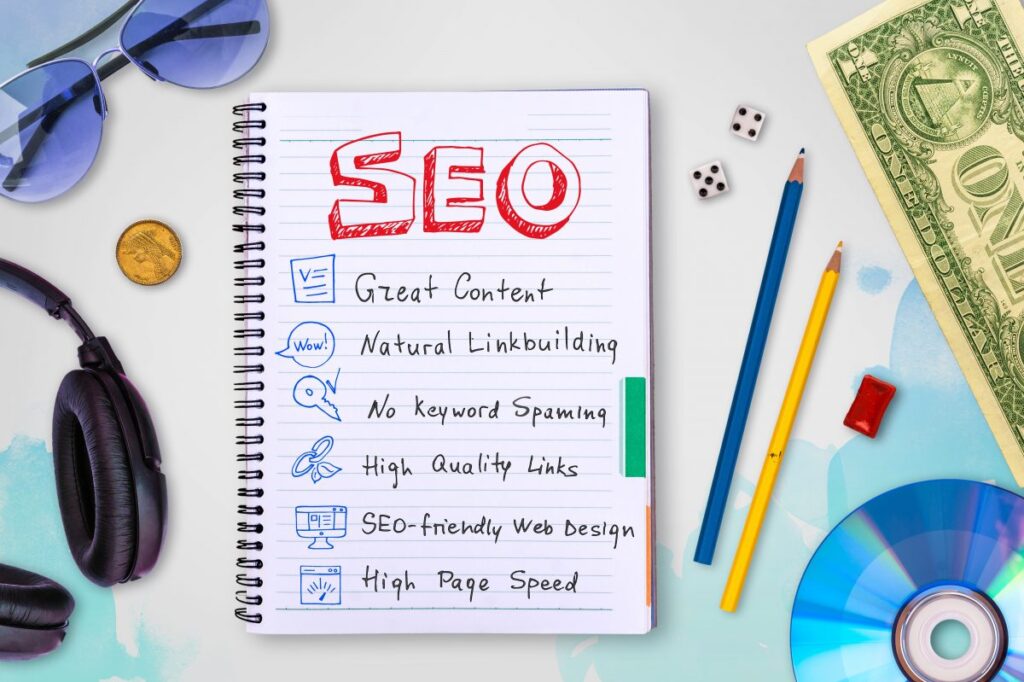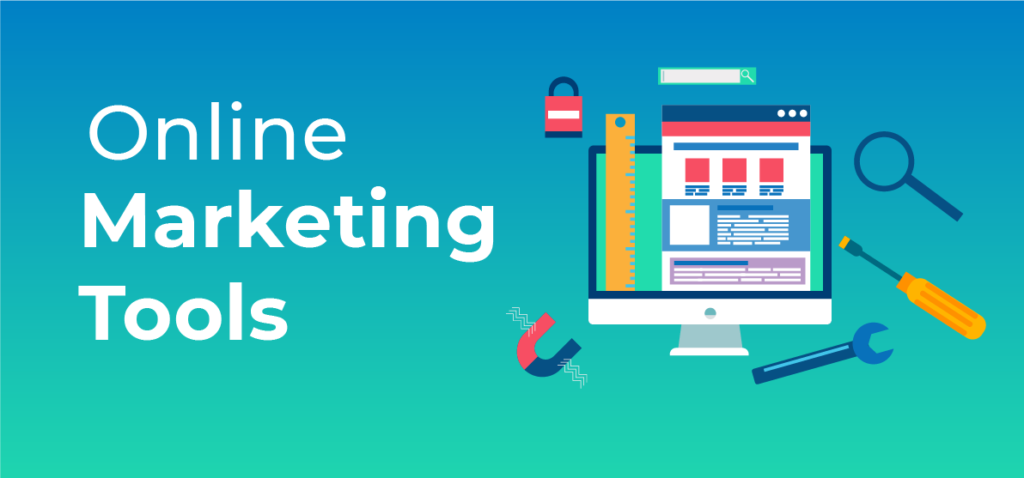In the digital age, advertising is not just about reaching the audience; it’s about captivating them. Meta’s recent unveiling of generative AI tools for advertisers marks a significant leap towards this goal, promising a future where ad content is not only created but also personalized at an unprecedented scale.
Generative AI tools
A New Era of Content Creation
Meta’s innovative suite of AI tools is designed to streamline the ad creation process. With features like Background Generation, Image Expansion, and Text Variation, advertisers can now automate the tedious aspects of ad design and focus on crafting messages that resonate.
Background Generation
Imagine the ability to instantly generate or alter the backdrop of a product image, saving countless hours in graphic design. This tool isn’t just about efficiency; it’s about agility in A/B testing and visual optimization.

Image Expansion
Adapting visuals to different platforms and formats is a necessity in the multi-channel marketing landscape. Meta’s Image Expansion tool promises to resize and crop images intelligently, ensuring brand consistency across the board.
Also Read: How Generative AI is Revolutionizing Content Marketing
Text Variation
The power of words in advertising is undeniable. With the Text Variation tool, advertisers can produce multiple iterations of ad copy, enabling them to test and refine their messaging for maximum impact.
The AI Advantage in Advertising
The integration of AI in advertising is not new, but Meta’s approach takes it a step further by democratizing creativity. According to a report by PwC, AI is expected to contribute up to $15.7 trillion to the global economy by 2030, with productivity and personalization being the key drivers of this growth. Meta’s tools align perfectly with this trajectory, offering a glimpse into a future where AI is an integral part of the creative process.
Beyond Meta: The Industry’s Response
Meta’s move has not occurred in isolation. Other tech giants like Google and IBM have been exploring AI in advertising for years. Google’s AI-driven algorithm adjustments have already changed the way ads are bid on and placed, while IBM’s Watson has been used to create trailers and compose music for campaigns.
The Ethical Dimension
With great power comes great responsibility, and AI in advertising is no exception. The ethical considerations of AI-generated content are complex, ranging from the authenticity of the created content to the potential for reinforcing biases. As these tools become more widespread, the industry must address these concerns head-on.
Looking Ahead
Meta’s generative AI tools are just the beginning. As AI becomes more sophisticated, we can expect to see even more advanced capabilities, such as full-fledged video production and real-time ad personalization based on viewer reactions.
In conclusion, Meta’s generative AI tools represent a significant advancement in the advertising world. By enhancing productivity, personalization, and performance, these tools are not just changing how ads are made; they’re transforming the very nature of creative expression in the digital realm.
As we embrace this new era, one thing is clear: the future of advertising is bright, and it’s powered by AI.







